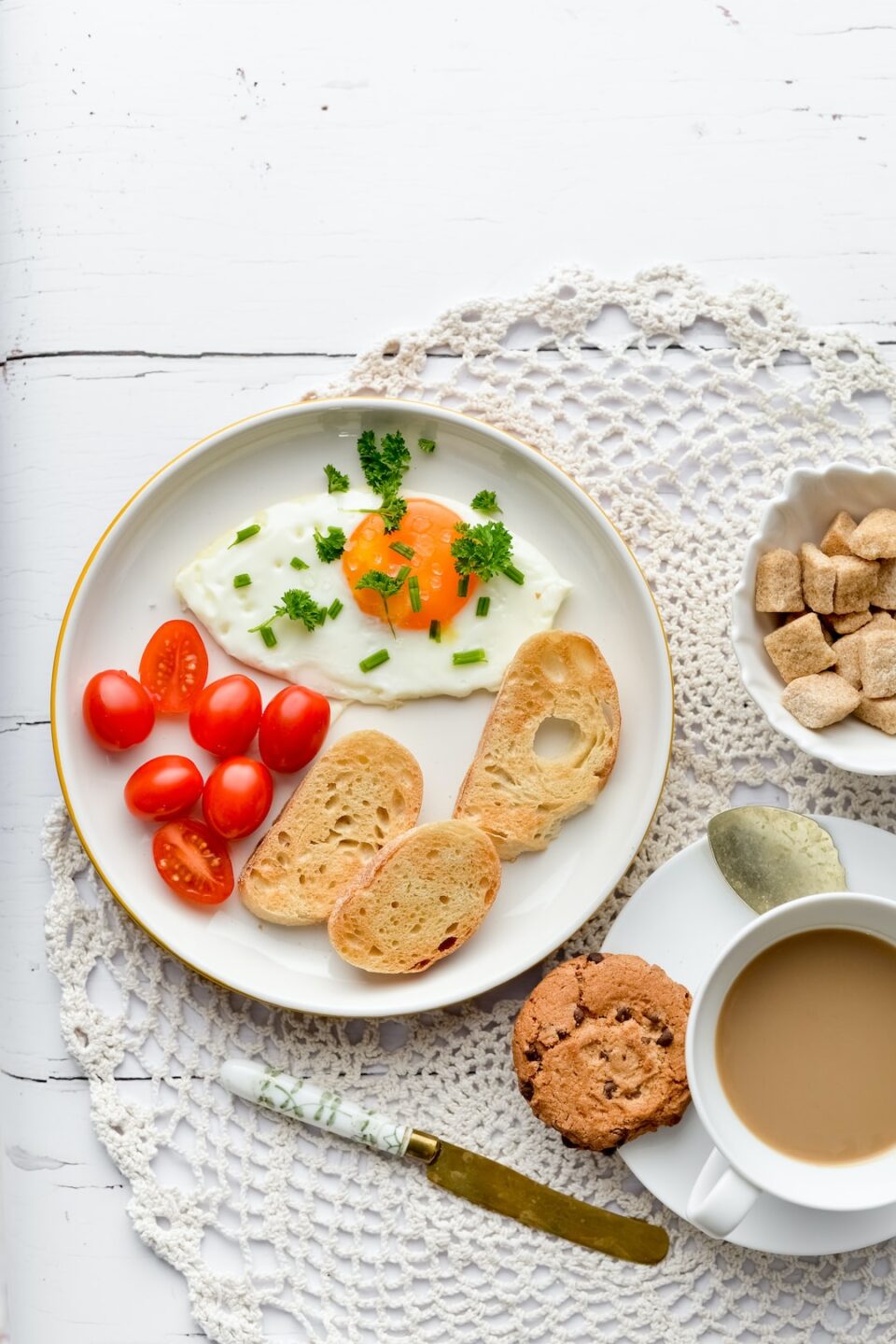There’s nothing quite like a comforting cup of tea to start the day or unwind after a long day. But have you ever wondered what goes into brewing the perfect cup of tea? It turns out that there’s actually science behind it. From the type of tea leaves to the temperature of the water, every step is carefully calibrated to bring out the best flavor. So, let’s dive into the science behind brewing that perfect cup of tea.
First and foremost, the quality of the tea leaves plays a crucial role. When it comes to tea, there are four main types: black, green, white, and oolong. Each type undergoes a different level of oxidation, which determines its flavor and aroma. For instance, black tea is fully oxidized, resulting in a robust and bold taste, while green tea is minimally oxidized, giving it a more delicate and grassy flavor.
Next, the temperature of the water is vital in extracting the optimal flavors from the tea leaves. Different types of tea require different water temperatures. For example, black tea is best brewed with boiling water, around 212°F (100°C), which helps release its rich flavors. On the other hand, green tea should be brewed at a lower temperature, around 175-185°F (80-85°C), as higher temperatures can make it taste bitter.
The steeping time is another critical factor in achieving the perfect cup of tea. Steeping too long can result in a bitter taste, while steeping too short can lead to a weak and flavorless brew. Generally, black tea is steeped for 3-5 minutes, while green tea should be steeped for just 1-3 minutes. By following the recommended steeping times, you’ll be able to savor all the nuances and complexities of the tea’s flavors.
But what about the vessel used for brewing? Surprisingly, the choice of teaware can influence the taste of your tea. Clay teapots, for example, are known to enhance the flavor and aroma of certain teas like oolong. On the other hand, porcelain or glass teapots are preferred for delicate teas like green or white, as they won’t absorb the flavors and alter the taste.
Lastly, the water quality shouldn’t be overlooked. Using filtered water ensures that there are no impurities that can affect the taste of your tea. Water with a high mineral content, such as spring water, can enhance the flavors of some teas, while distilled water can result in a flat taste.
In conclusion, brewing the perfect cup of tea is not just an art, but also a science. From the type of tea leaves to the water temperature and steeping time, each element plays an integral role in unlocking the tea’s full potential. So, the next time you make yourself a cup of tea, remember to consider the science behind it and enjoy the delightful flavors that result from your precise brewing techniques.

